Companies and Brands
15 Most Popular Clothing Brands According to Millennials: Ranked
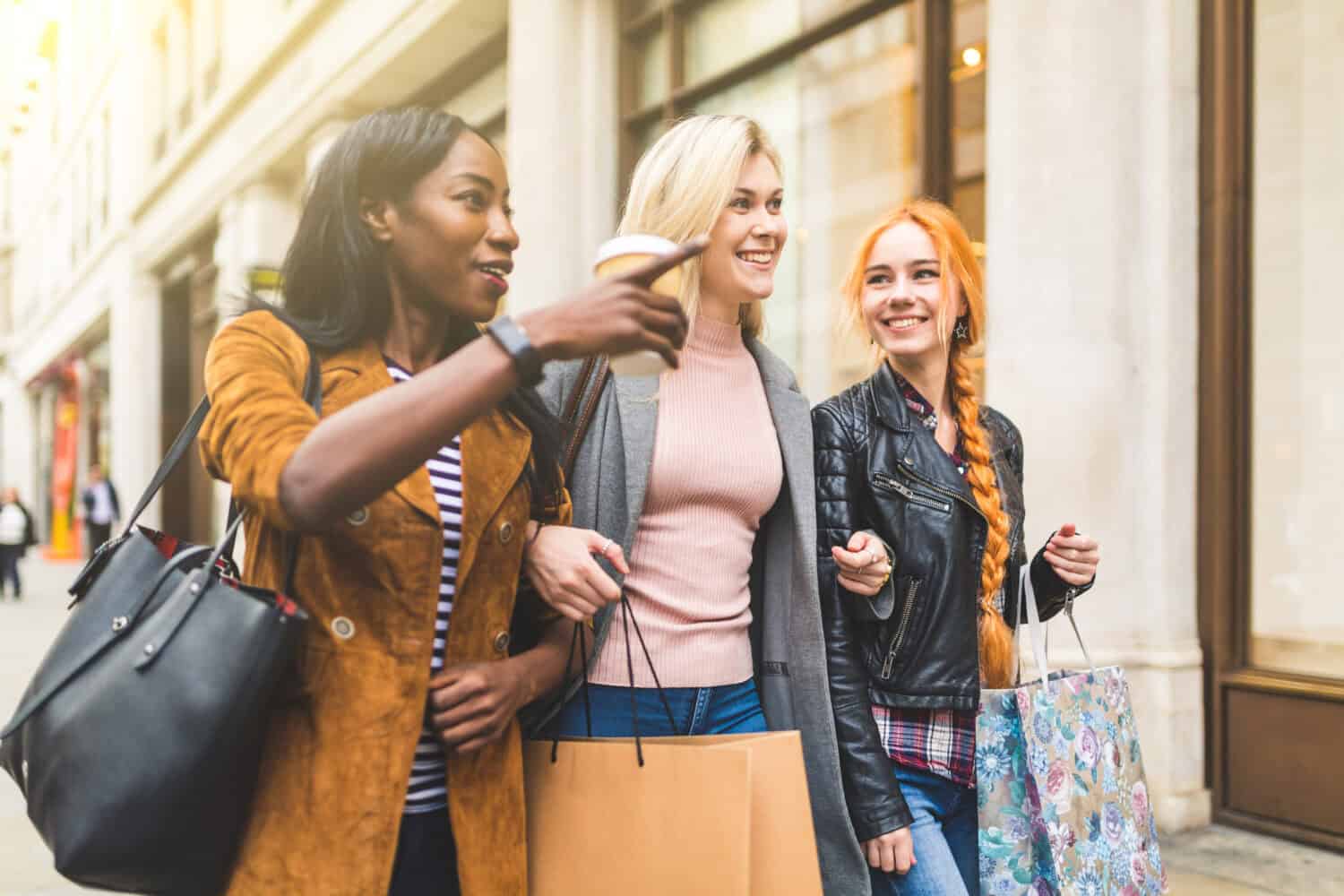
Published:

Forget the long-held stereotype that Millennials are a lazy and entitled generation. Hardly. Although many had to navigate a series of unfortunate events such a pandemic, natural disasters, layoffs, inflation, and rising home prices, Millennials continue to be a robust generation, busying themselves with their studies, building their careers, and preparing for their future.
They are also uncompromising when it comes to their values. Inclusivity, social responsibility, sustainability, and transparency, are the hallmarks of this generation. These are not ideals but deeply held values and beliefs that drive this demographic. Brands that rely on traditional advertising simply will not resonate with this segment. They trust real customers on social media that have real input about the brands and products they purchase. They demand authenticity, an open dialogue, and are willing to pay more for sustainable products.
With this in mind, here are 15 of the most popular clothing brands according to Millennials. The data can be found on the YouGov.org website, with the most popular brand coming in at number one.
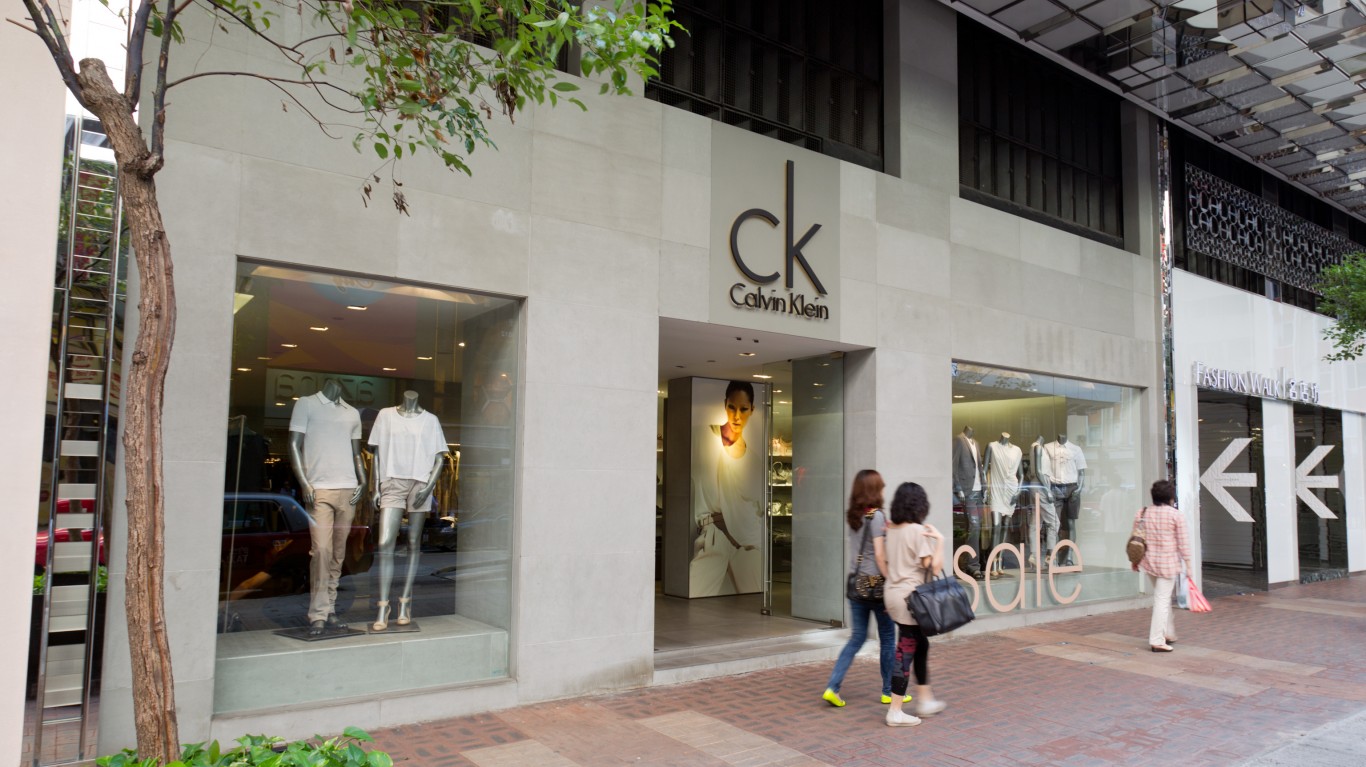
Calvin Klein has been breaking social norms since the 1980s. With its most infamous campaign featuring underaged actress Brooke Shields in a provocative pose at only 15, it drew criticism for its controversial nature. Although the global fashion brand continues to spark controversy, it’s focus has shifted to a more value-driven approach, something that really attracts millennials. In order to promote inclusivity, the brand is now featuring models of different sizes, ethnicities, and gender identities. In line with its sustainability efforts, Calvin Klein is also eliminating single-use plastic in all their packaging.

Millennials undoubtedly value experiences as well as creating memories. They also want products that perform well and are reliable. Columbia has been keen on this trend and have been focused on providing this experience. In February, Columbia announced that they will be focusing on innovation, style, and performance. In order to further target this segment, the outdoor brand will be investing heavily on its channels, products, and brand experiences.
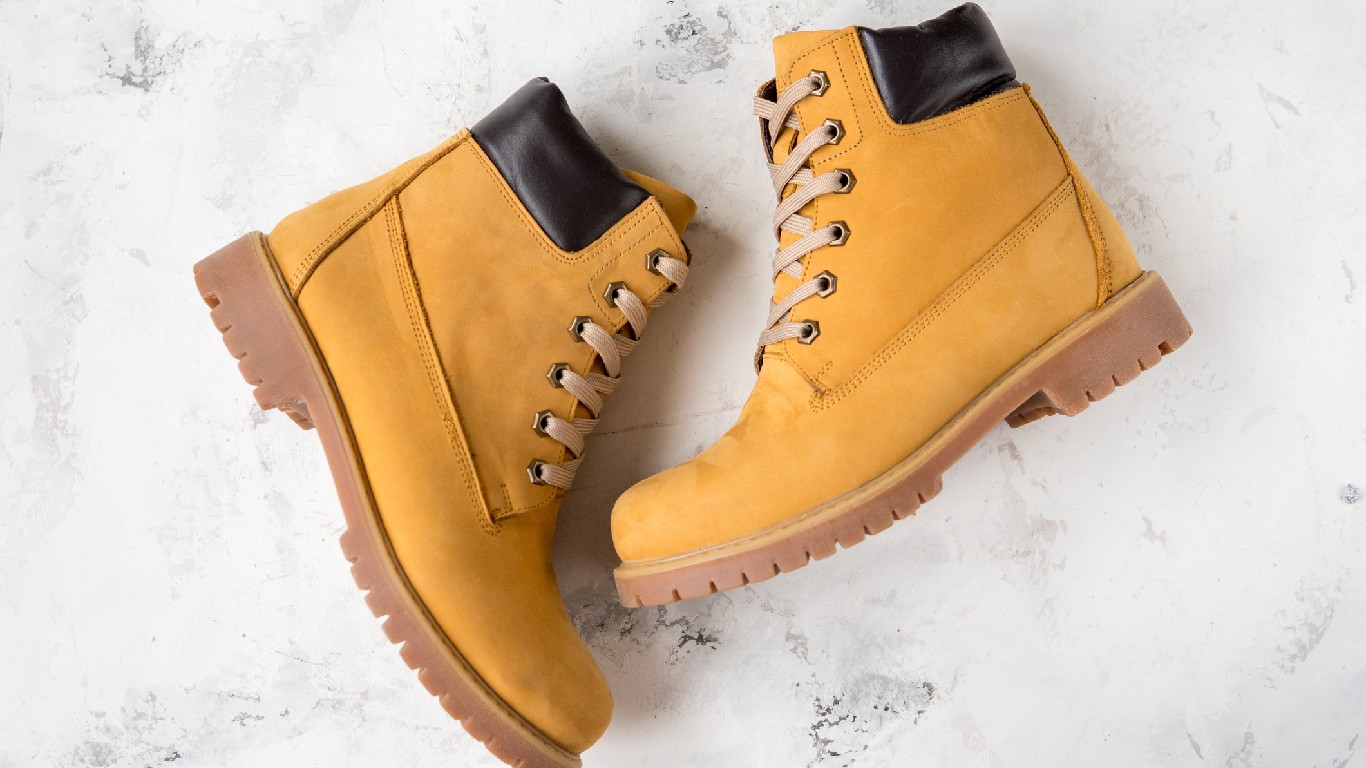
Originally created for the blue-collar workers of New England, the famous Timberland boots went beyond this target market and were even espoused by young Italians belonging to the bourgeois of Milan, Italy. On the state side, the mid-nineties had a resurgence of these “stompers” as they became synonymous with New York City’s hip-hop scene, with notable rappers such as Biggie Smalls sporting them during his performances. Today, as part of their forward-thinking efforts and innovation, Timberland is drawing in both Millennials and Gen Z consumers to “step into the Metaverse.” In partnership with Epic Games, Timberland will create a boot-themed, futuristic world in Fortnite. Players in the game can explore Timberland’s virtual innovation lab.
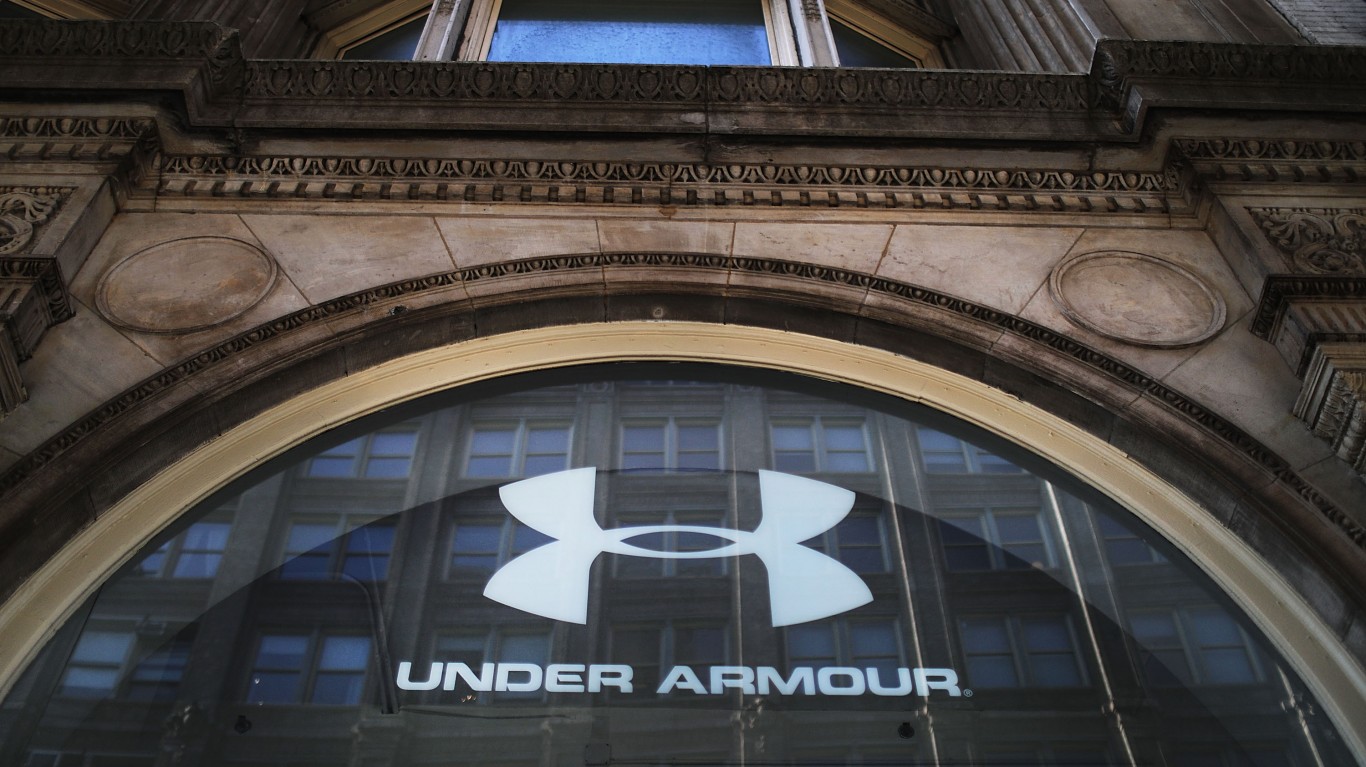
Launched in 1996 by University of Maryland football player Kevin Plank, Under Armour has formed strategic partnerships with Millennial favorite athletes such as Dwayne “The Rock” Johnson and four-time NBA champion Stephen Curry. Under Armour clearly understands that Millennials could care less about what companies have to say about themselves. Therefore, Under Armour is including user-generated content within its product listings such as customer reviews, videos, and other social media posts.
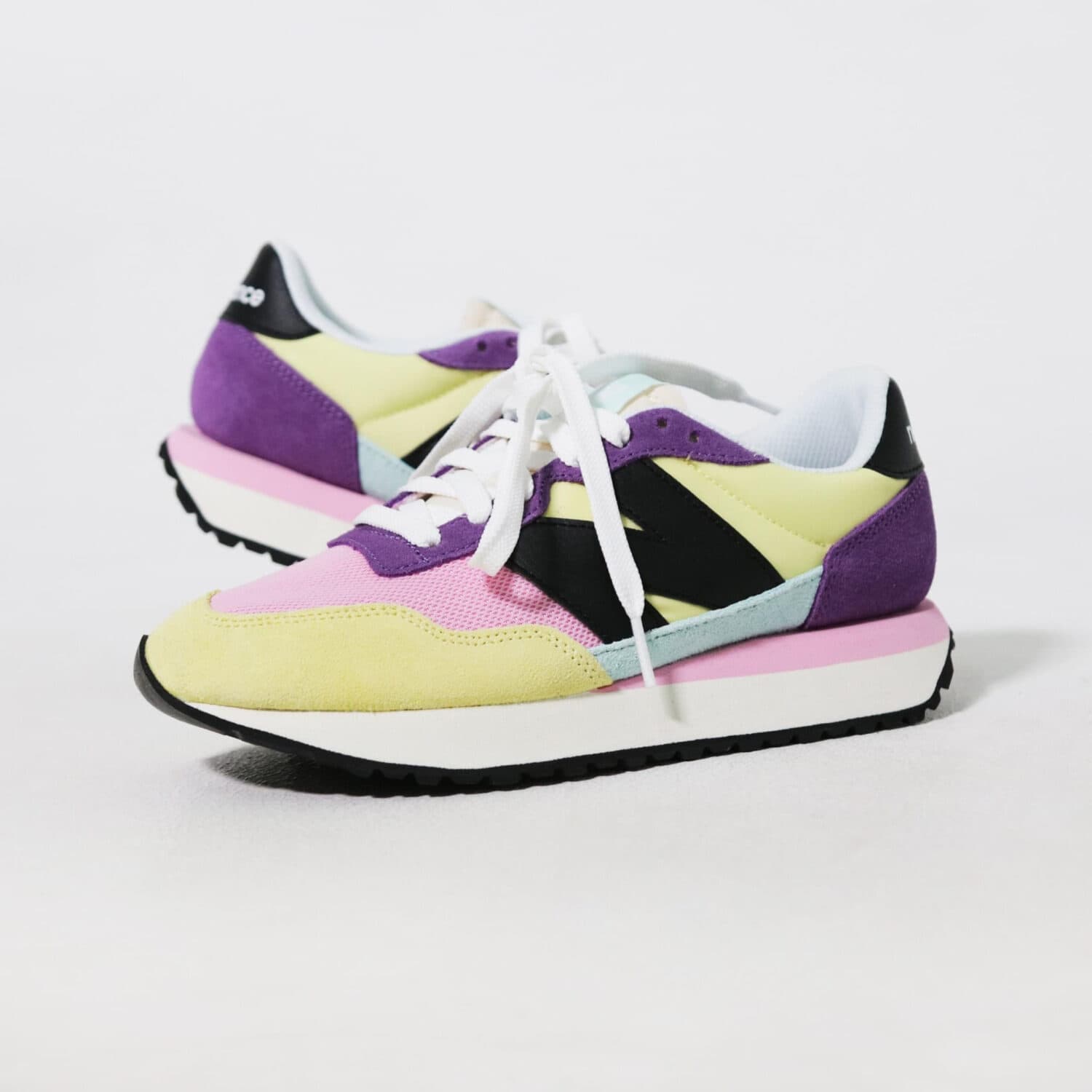
New Balance has recently been taking retro designs from their vault and redesigning them, resulting in sales that have outpaced other sneaker giants like Nike, Puma, and Asics. Another unexpected trigger point for the brand came when global superstar Taylor Swift rocked a pair of New Balance during a regular NFL game in support of her current beau, Travis Kelce. New Balance continues to draw a younger audience as celebrities such as Kendall Jenner and Hailey Bieber have also been spotted sporting a pair, propelling the brand further into a more fashion-forward addition to any wardrobe.
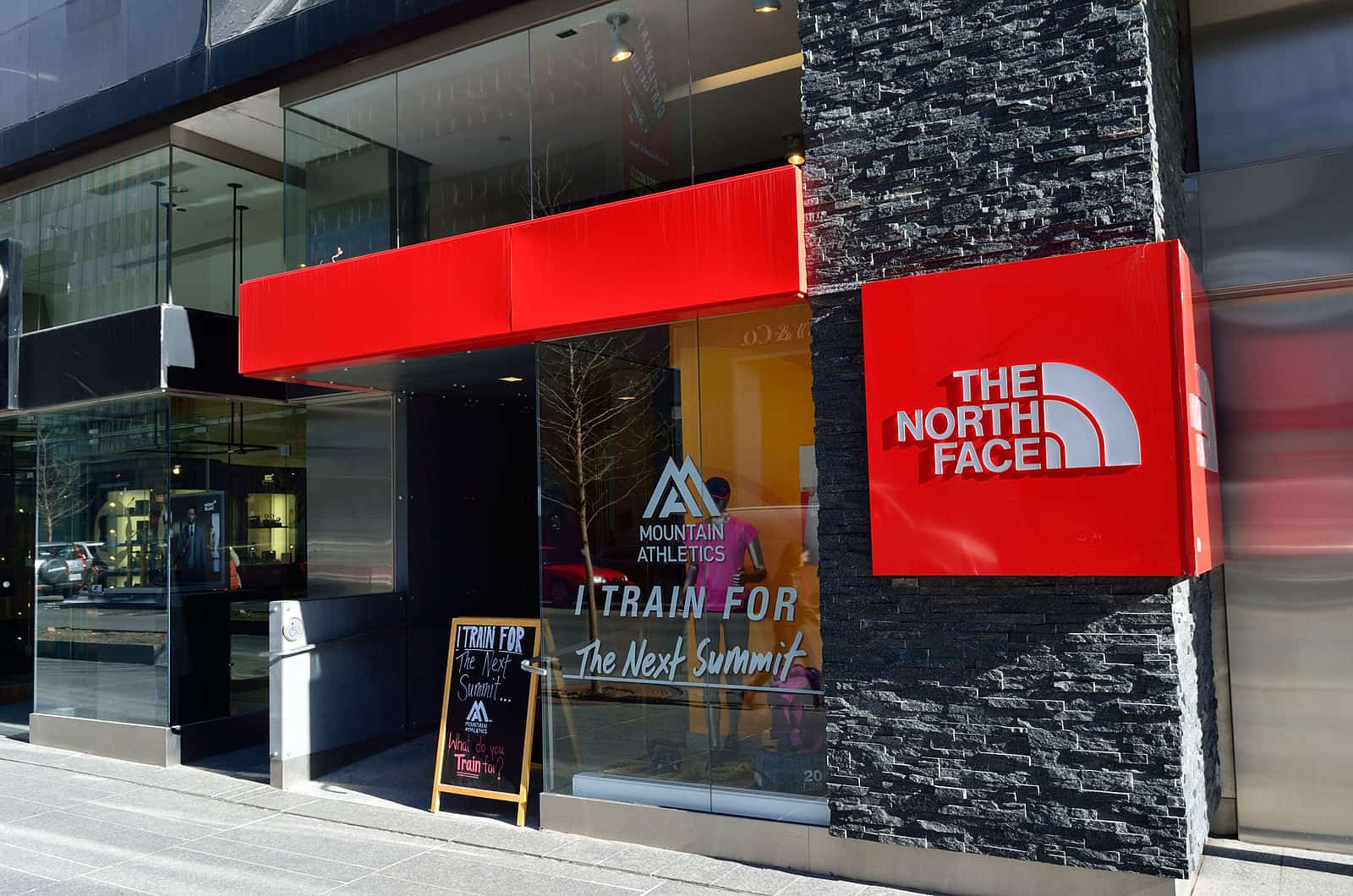
The North Face is another brand that is keeping its finger on the pulse of evolving consumer trends. With Millennials increasingly seeking brands that support the environment, The North Face has stepped up its commitment to design eco-conscious products. The brand is known for its high performance products. Their philosophy of, “athlete-tested and expedition-proven,” is what continues to put The North Face on the map as one of the most reliable products on the market.
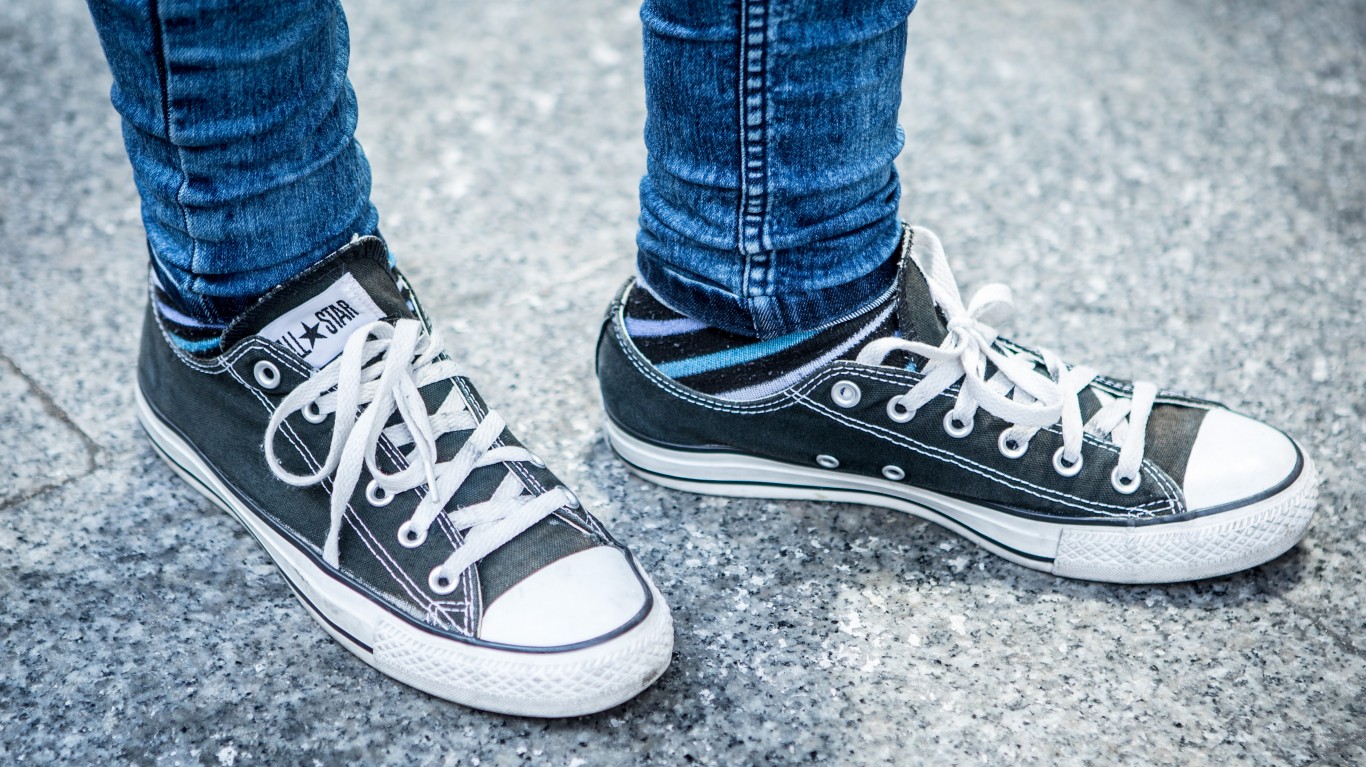
For more than a century, Converse has been an iconic American shoe in the footwear industry. Founded in 1908 by Marquis M. Converse in Malden, Massachusetts, it was been a favorite with basketball players, skateboarders, surfers, and punks. So what is the secret to its enduring legacy? Converse has secured itself as a brand that symbolizes individuality, self expression, as well as a timeless style, qualities that Millennials can relate to.
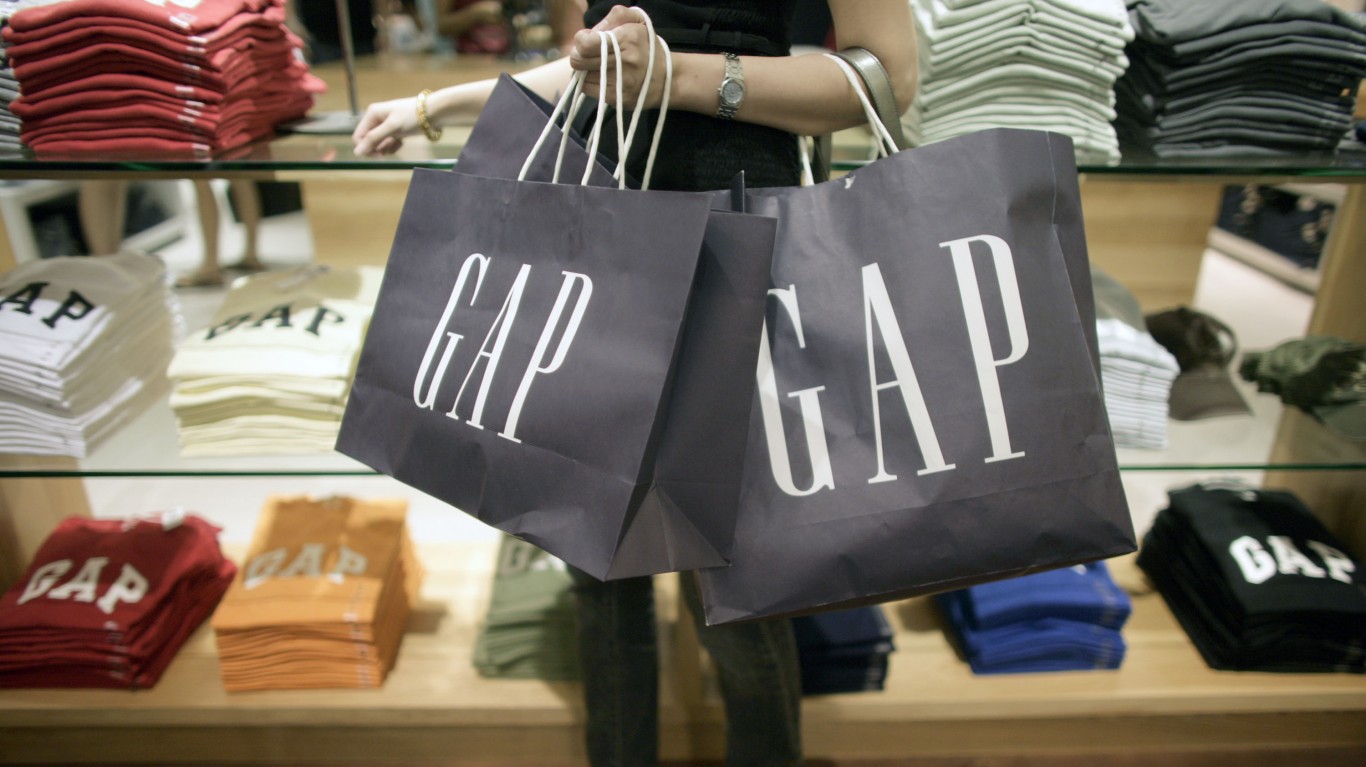
American fashion brand, Gap, has been using strategic marketing efforts to reach consumers on a global scale. The key to its enduring presence for over 50 years can be linked to its resilience and innovation. For Millennials its all about a relationship, where the messaging is relevant to them. Gap has certainly mastered that via more personalized marketing initiatives. Along with technology, Gap leverages story telling and visual imagery to communicate the brand’s values.
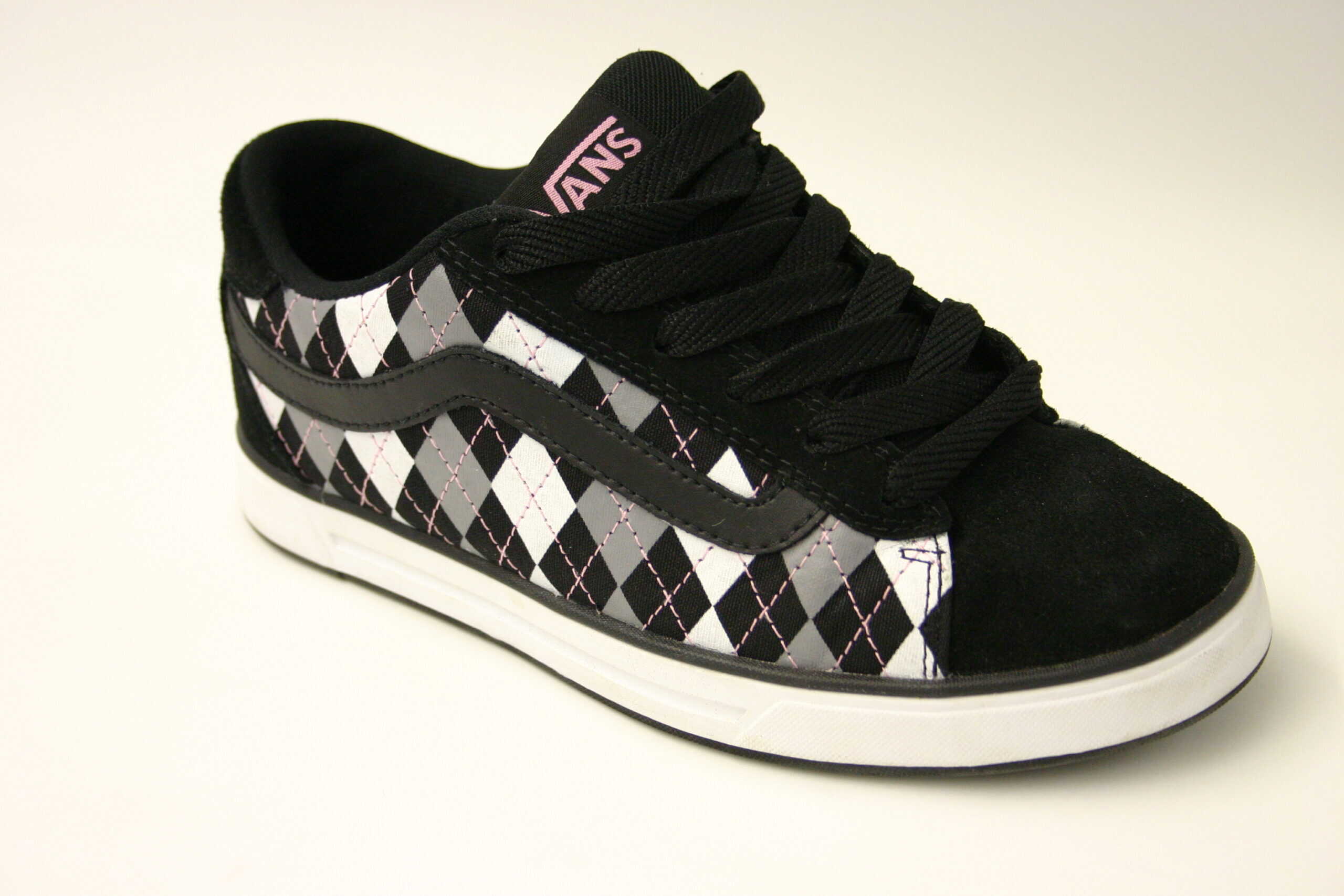
Vans has certainly embraced the importance of creating experiences and offering personalization of their products. Therefore, Vans launched “House of Vans” which provides spaces to celebrate music, art, skateboarding, street culture, and other forms of self-expression. Participants can attend or host their own workshops to present their work. In 2019, Vans launched “Global Custom Culture,” where professional designers were invited to hold workshops, teaching participants how to customize their own pair of Vans shoes.
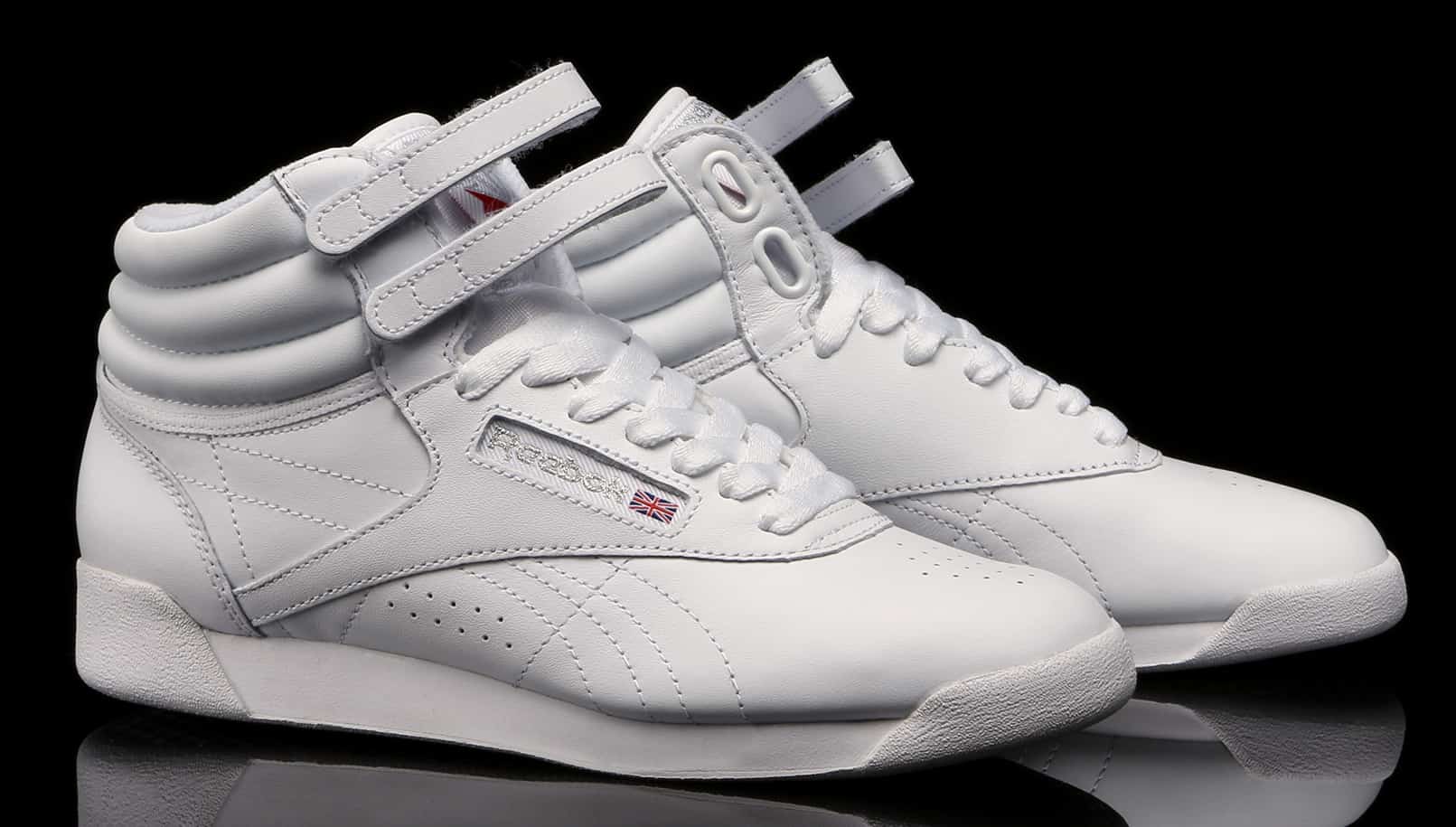
Launched in the U.K. back in 1958, Reebok aimed to offer the best in athletic footwear. Today, with its #FitToFight campaign, the brand has positioned itself as more inclusive, empowering women to be mentally, socially, and physically fit. Furthermore, Reebok is committed to creating products that would enable customers of all ages and backgrounds to athletically compete as well as perform.

Old Navy has been a favorite among a broad range of customers for trendy, yet affordable staples for their closet. Their enduring appeal stems from their commitment to offering quality and style, without breaking the bank. In addition to its value pricing, Old Navy also incorporates discount coupons and online sales to provide more savings. Their inclusive marketing campaigns also ensure that customers of all sizes and body types can take advantage of Old Navy’s offerings.
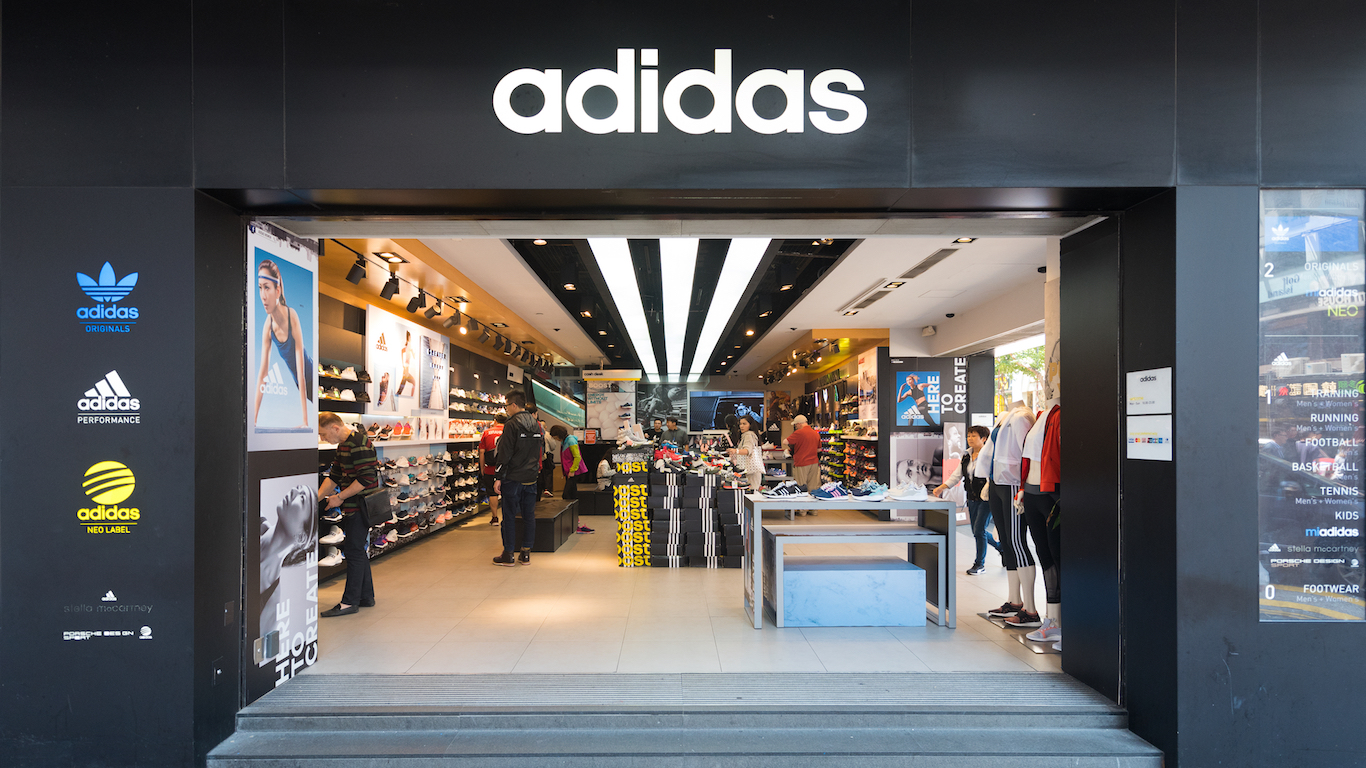
Launched in 1924 by Adolf Dassler in Germany, Adidas has been the mainstay footwear for professional athletes. With its constant focus on innovation, Adidas introduced Boost cushioning which enhanced the comfort of their running shoes. Tapping into the world of fashion, Adidas has collaborated with well known designers and celebrities to create stylish collections. In line with their commitment to sustainability, Adidas has incorporated initiatives to mitigate environmental impact.
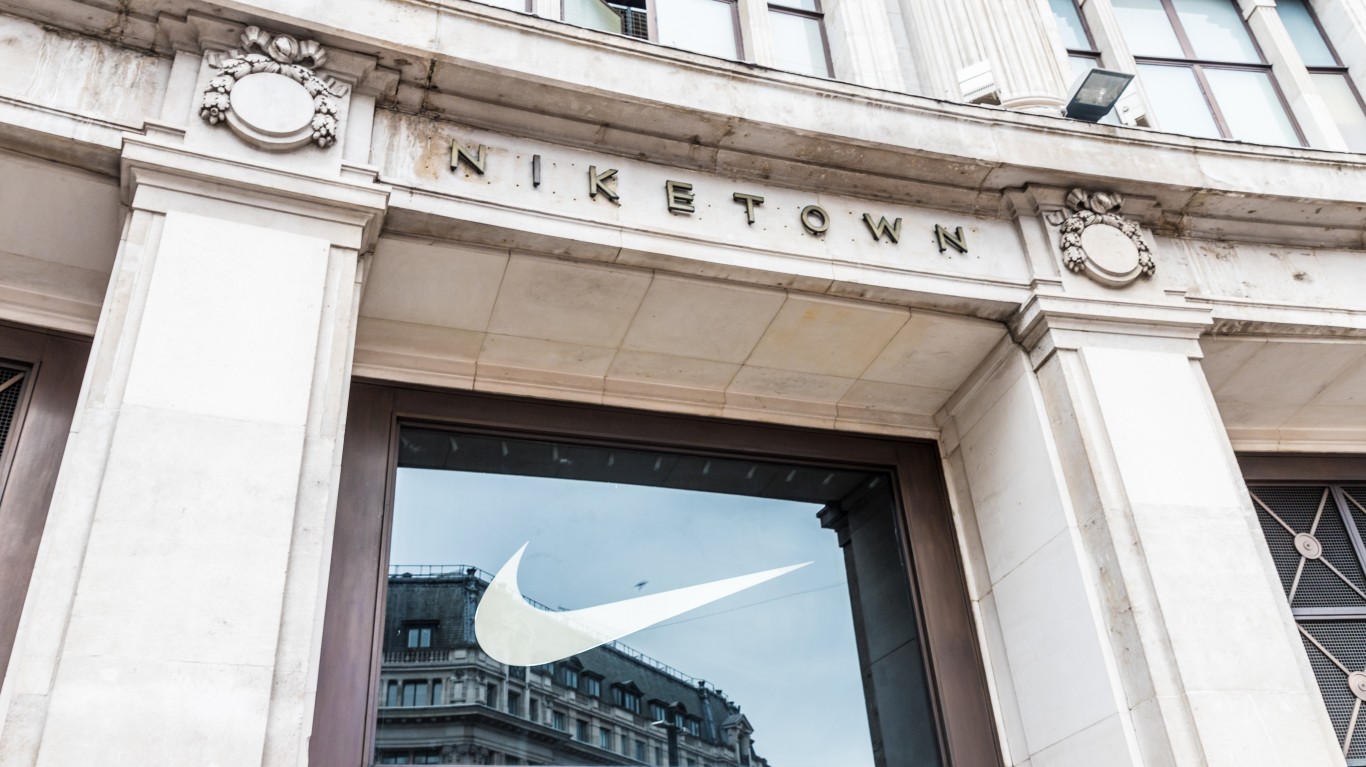
According to a study released by Axios this year, 69% of young people surveyed revealed that not only were they aware of the Nike brand, but that they also considered it “cool.” It topped the list at number one as the coolest brand. For both Millennial and Gen Z consumers, the use of celebrities and influencers in any company’s marketing was the proverbial cherry on top when it comes to labeling a brand as cool, based on the findings from a YPulse survey. Nike’s mobile app has also been instrumental in delivering perks, such as early access to new product drops as well as establishing connectivity with its customers.
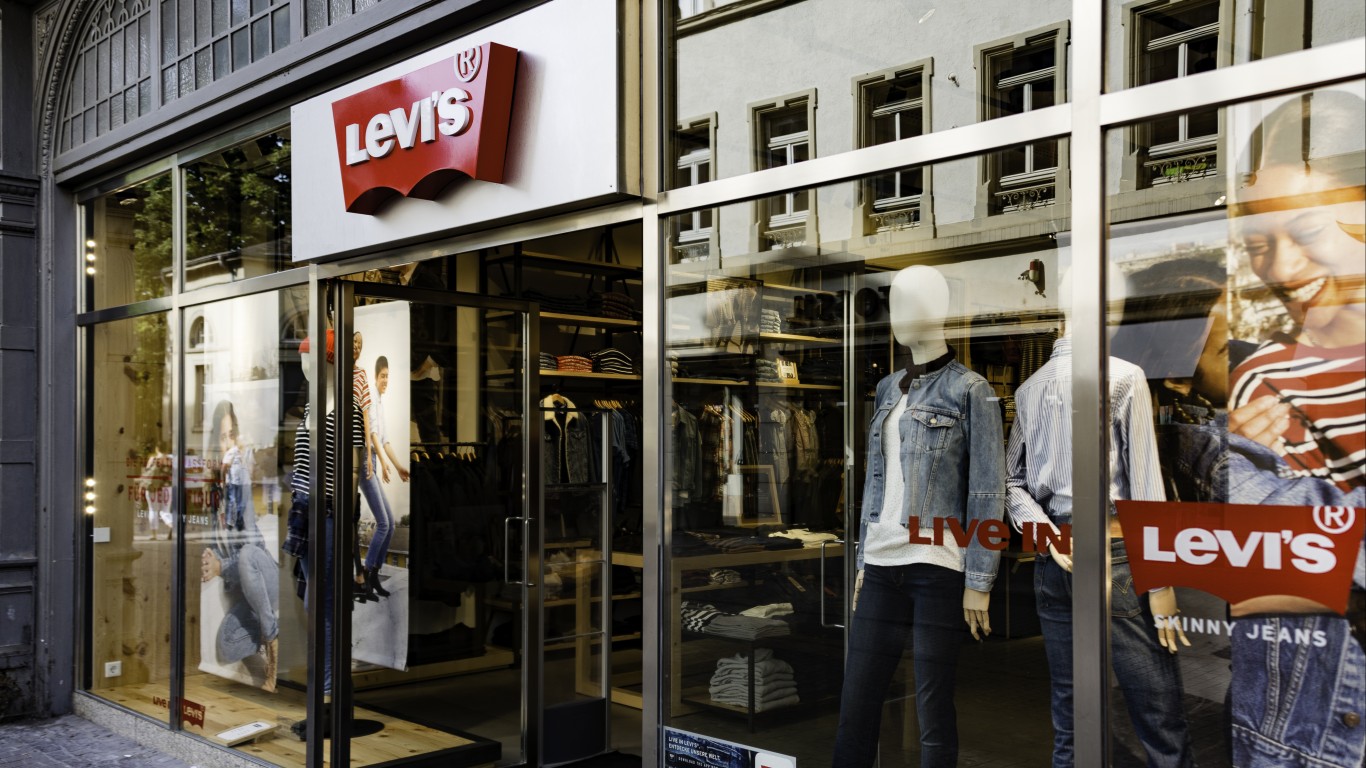
Levi’s, another iconic American brand, is the epitome of the denim culture, spanning its influence since the mid 19th-century. It’s claim to fame comes from using a riveted seam in the most stressful points, rendering the pair of jeans more durable than other pants on the market. Besides its unrivaled durability, Levi’s jeans are comfortable as they are made with a relaxed fit, allowing for more movement. Finally, compared to other high-end brands on the market, Levi’s jeans are more affordable, giving customers access to style, durability, at accessible price. Their sustainability efforts include reducing the water usage during their manufacturing process as well as recycling old clothing into new.

“We’re Fruit People, and we are going to make TikToks!” says “The Big Apple”, one of the Fruit People from the iconic brand Fruit of the Loom in a recently released TikTok. They are not your typical influencers, they are literally fruit, ready to introduce themselves to a younger generation. Since launching on TikTok back in September 2023, they have garnered more than 15.6 million views, not bad for a new comeback. In addition to TikTok, Fruit of the Loom also collaborated with Snapchat to create a gamified Augmented Reality experience where users can catch fruit virtually, unlocking a coupon code for their next purchase. This could potentially drive awareness for the iconic underwear and casual wear brand.
The bottom line is that Millennials are a demographic that no company should ignore. As the fastest growing force in the workplace, Millennials are close to reaching the peak of their buying power. If you want to know more about what Millennials want when purchasing a car, check out this article here.
Retirement planning doesn’t have to feel overwhelming. The key is finding professional guidance—and we’ve made it easier than ever for you to connect with the right financial advisor for your unique needs.
Here’s how it works:
1️ Answer a Few Simple Questions
Tell us a bit about your goals and preferences—it only takes a few minutes!
2️ Get Your Top Advisor Matches
This tool matches you with qualified advisors who specialize in helping people like you achieve financial success.
3️ Choose Your Best Fit
Review their profiles, schedule an introductory meeting, and select the advisor who feels right for you.
Why wait? Start building the retirement you’ve always dreamed of. Click here to get started today!
Thank you for reading! Have some feedback for us?
Contact the 24/7 Wall St. editorial team.